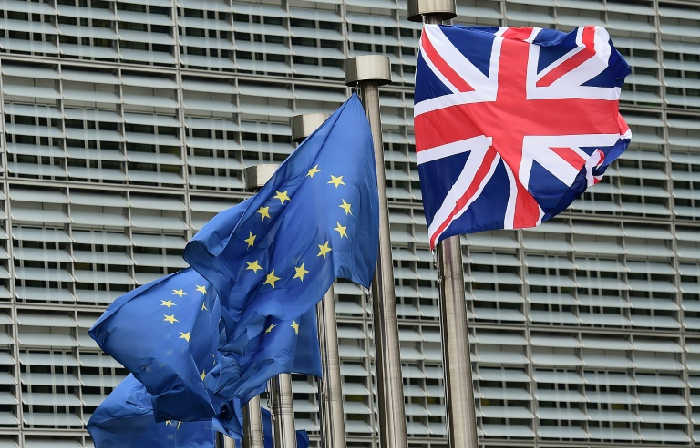
On the 23rd of June 2016, almost 52% of eligible voters cast their ballots in anger and dissatisfaction in the EU referendum. The actual issues surrounding EU membership had become overshadowed by anger at perceived immigration, it’s perceived effect on public services and a ferocious distrust of politicians in general.
Throughout the campaign, the remain side were accused of near constant scare mongering. In this sense the 52% who voted for Brexit may have been proved to be partially correct, that many of the catastrophic consequences of Brexit simply would not happen. At best it seems, the UK is facing a slow descent toward stagnation and not the immediate crash we were warned of.
The problem is, the UK is now stuck in a legal, political and financial no man’s land. While we wait for the UK government to trigger Article 50, and then for the lengthy two-year exit period to gather pace, the UK is frozen in uncertainty. This is highly detrimental to both the UK business and more importantly to the UK’s foreign policy and broader strategic aims.
If we look beyond the current slide toward stagnation and the further uncertainty a far more worrying trend is emerging for the UK’s current trajectory. The 52% may have just unwittingly voted away more sovereignty and also for a far more limited role for the UK in global affairs.
If the UK were to retain access to the Single Market in any post Brexit deal, it would most likely also have to accept with it the majority of EU legislation and still make significant contributions to the EU budget. This is the reality for Norway, and many Brexit supporters have agreed that this would be the fastest and least complicated post Brexit relationship to negotiate. Voters were also made fully aware that a vote for Brexit would likely lead to a diminished voice but still having to accept terms of access from the European institutions.
The uncertainty of Brexit is compounding upon another disturbing trend in terms of the UK’s foreign relations. Amid the UK’s relative decline since the second world war the UK has continuously struggled to define a role for itself. The late 1990’s and early 200’s saw both the conflicts in the Former Yugoslav Republics and the advent of the War on Terrorism and Britain sought to play a significant role in both these conflict areas. The new term for this type role in conflict resolution and foreign policy was “Liberal Interventionism”. The central objective of Liberal Interventionism for the UK was to work with key partners and on occasions by itself to intervene in global trouble spots in support of reinforcing or establishing liberal democratic institutions.
The results of this policy in both Iraq, Afghanistan and Libya have sadly overshadowed the few examples where it did achieve success and the UK should be given credit for. Sierra Leone was a good example of Liberal Interventionism. The important consequence of this doctrine however is that it has all but nullified the UK’s ability for the time being to act on such principles overseas. The vote in parliament as to whether or not the UK should participate alongside the US and France to curtail the brutal regime of Bashar Al Assad in Syria was a momentous moment in the UK’s foreign policy history. Sensing a strong mood of dissatisfaction among the public for such interventionism MP’s voted against the government and stopped the UK partaking in any action. Most people forget that the procedure for having any binding vote as to whether the UK should go to war was itself a result of the perceived erroneous rush to intervention in Iraq. But the most damaging consequence has been that a vote not to intervene in Syria has sent a signal to the US and other partners that the UK can no longer be counted on. Its significance is greatly reduced.
Two of the UK’s important priorities in foreign policy have continuously been strong cooperation with both the US and Europe. Now, the people of the UK have seemingly rejected both these priorities. The result is a diminished level of access and importance to both the US and Europe. The sad reality is that the UK is now more isolated than it has been in decades and will struggle to ascertain a significant role for itself unless it accepts that cooperation and the pursuit of others objectives, not just its own, are central to securing a powerful and relevant role for the UK on a global stage.




You must be logged in to post a comment.